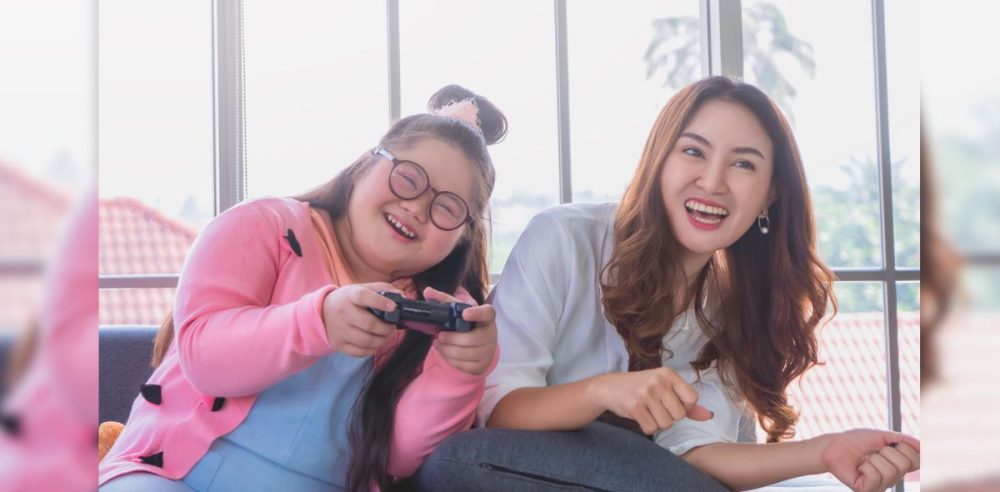A new video game tool can accurately identify children with autism, according to researchers at Kennedy Krieger Institute and Nottingham Trent University.
In a recent study, researchers asked 183 children, ages 7-13, to copy the dance-like movements of a video avatar for one minute. The children’s imitation performance was measured using the Computerized Assessment of Motor Imitation (CAMI) tool, which uses motion-tracking technology to detect differences in motor imitation skills.
The video game tracking tool was able to identify children with autism with an 80% success rate and differentiated autism from ADHD with a 70% success rate. Differentiating the two conditions can be particularly challenging as they frequently co-occur, making diagnosing difficult.
“Diagnosing autism can be challenging, especially when children have overlapping traits with other conditions like ADHD. If the condition is misdiagnosed, it can impact support and resources for the child,” said Dr. Stewart Mostofsky, a pediatric neurologist and co-author of the study, according to Science Daily.
“Autism is traditionally seen as a social-communication disorder, but we now know sensory-motor difficulties, like motor imitation, play a key role in shaping social and communication skills. CAMI identifies autism by tapping into these challenges, which are distinct from ADHD,” explained Dr. Bahar Tuncgenc, the senior author of the study and a social development expert at Nottingham Trent University. “What makes CAMI exciting is its simplicity. Video games are fun for kids, fast for clinicians, and provide clear results.”
Mostofsky said the CAMI tool has the potential to transform the way autism is diagnosed around the world.
“By identifying autism as precisely as possible, we can connect children to interventions that improve their quality of life and long-term outcomes. We want to see CAMI used widely in clinics to support diagnosis as an alternative that is quick, low-cost, and requires minimal set-up,” he added.
In the past, obtaining an autism diagnosis could often be time-consuming, requiring the services of highly skilled clinicians and costing families an estimated $1,500 to $3,000 annually.


